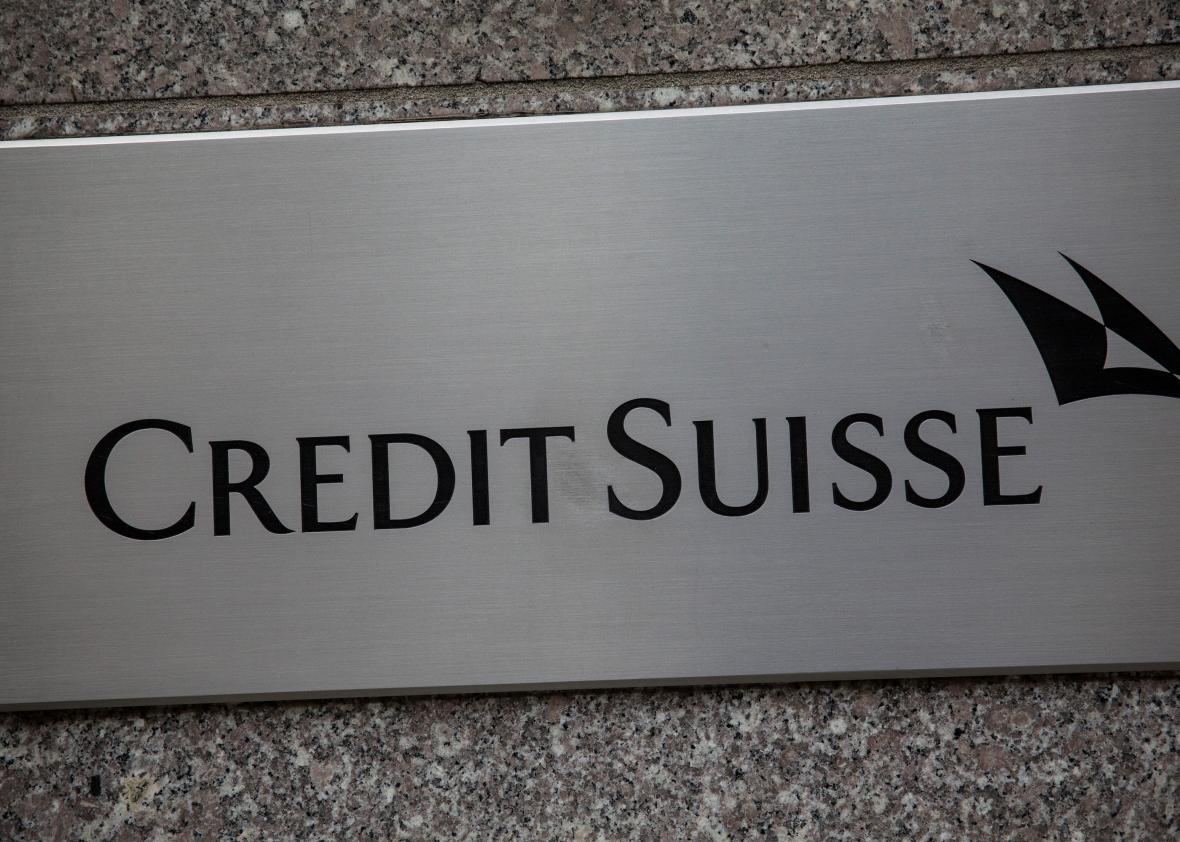You may know that the federal student loan program makes an immense profit. But while that may be the case, not every student is profitable. In general, the government uses money it makes from the most reliable borrowers, particularly graduate students and the parents of undergrads, in order to subsidize generous terms for riskier undergrads who tend to default on their debts in large numbers.
That’s why I can’t help but feel a little nervous reading this piece from Quartz’s Shelly Banjo about top companies that are now helping their young employees pay off or refinance their student debt. Credit Suisse, for instance, is now helping workers get an extra 0.25 percent off their interest rate when they choose to refinance with SoFi, a startup that apparently has similar deals with 200 employers. It’s a nice perk, and I imagine other corporations looking to attract top graduates will start following suit. Which should probably give the Department of Education fits.
The student loan refinancing industry operates on a pretty simple principle: A lot of high-earning borrowers get a relatively raw deal on their government student loans, so it’s easy to offer them better terms while still making a profit. This is because the Department of Education doesn’t have any underwriting standards—no matter how big or small a credit risk a borrower might be, they get the same interest rate. So an aspiring software engineer at MIT, who will probably have no problem paying off her debt after graduation, gets the same deal as a community college student who’s likely to drop out and possibly default. From a social fairness perspective, this make sense. But it leaves an opening for companies like SoFi to come along and pick off valuable borrowers by offering a new, low-interest loan to pay off their old government debt. They’re just skimming the cream off the top.
On its face, none of this is bad from a consumer standpoint. But by hooking up with employers, student loan refinancers stand to gain an enormous amount of free marketing and new business. And as the benefit becomes more widespread, it’s easy to envision a situation where the government loses a significant fraction of the borrowers who now essentially make the student loan program self-financing. That could mean the deficit will end up growing a bit, or (more likely) Congress will decide to increase interest rates for the remaining borrowers who are still in the federal program—who will also, sadly, likely be the ones least able to pay. And, of course, the more the government hikes rates, the easier it becomes for refinancers to swoop in and snatch more business. Theoretically, at least, you can imagine a death spiral of sorts forming.
A necessary disclaimer: I might just be hyperventilating here. Startups like SoFi are, well, still just startups, and it’s entirely possible that student loan refinancing will just remain a niche without much in the way of federal budget consequences. It’s also possible the government could head the whole problem off by lowering rates a bit, either for graduate students, who tend to be the juiciest targets for private refinancers, or maybe even across the board. But, as I’ve said before, I think the issue at least bears watching.
